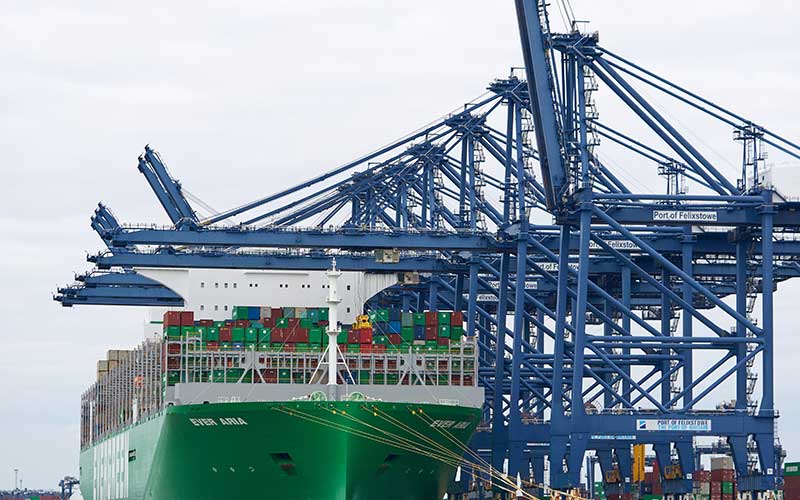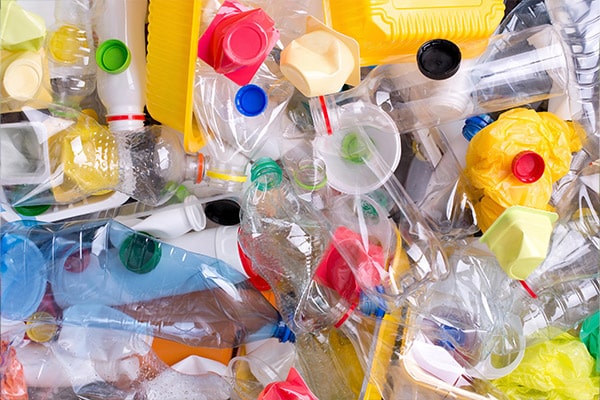Updates in Mining

Lithium Downturn Hitting Australia
Slower-than-expected electrical vehicle adoption is hitting the lithium market in Australia particularly hard, with Arcadium the latest company to reassess operations, according to MiningWeekly. Rapid supply growth has been outpacing demand, leading to production cuts and price drops. High-costs mines are likely to bear the brunt of production cuts.

New Law Could Endanger Zambian Mining Industry
Zambia’s proposed Minerals Regulation Commission Bill, which would allow the government to acquire shares in exploration areas before granting mining licenses, is raising concerns among mining bodies, according to Reuters. They argue the law could deter investment and jeopardize Zambia’s goal of increasing annual copper output to 3 million tons, citing fears it could undermine property rights and increase investment risk.

China Restricting Antimony Exports
In another move aimed at restricting critical mineral shipments, China has announced they will put export restrictions on antimony, increasing the likelihood of supply disruptions significantly, according to the Center for Strategic & International Studies. Antimony is recognized for its vital role in the defense and electronics industries, going into everything from semiconductors to bullets.
Updates in Fertilizer

FPEP Awards More Projects
More projects have been awarded funding under the Fertilizer Production Expansion Program (FPEP). U.S. Department of Agriculture Secretary Tom Vilsack announced $35 million would go toward seven projects, the latest in a series of awards totalling $286.6 million to date.
“The Biden-Harris Administration continues to make innovative investments that bolster rural communities and support farmers, ranchers and small business owners,” Secretary Vilsack said. “The investments announced today will increase domestic fertilizer production and strengthen our supply chain, while creating good-paying jobs to benefit all Americans.”

TFI Applauds Canadian Rail Resolution
The Fertilizer Institute (TFI) has released a statement commending the Canadian government’s success in averting a prolonged labor dispute between CN and Canadian Pacific Kansas City (CPKC) railways and their unions:
“TFI applauds the Canadian government’s efforts to take action to get the rail system moving again as quickly as possible. The economies of Canada and the United States are closely intertwined, and a dependable and reliable rail network is necessary to support the cross-border fertilizer supply chain and facilitate the movement of critical agricultural inputs on both sides of the border. We also thank US government officials for their engagement with both the industry and their counterparts in Canada. TFI looks forward to continuing to work with policymakers on strengthening supply chains and domestic fertilizer supply and production.”
Updates in Chemical

U.S. DOE Funds “Lab Call” for Decarbonization
The U.S. Department of Energy has announced $15 million in funding to boost collaboration and address challenges in the commercialization and deployment of industrial decarbonization technologies. The program, targeting the chemicals and refining, concrete and cement, and metals sectors, aims to align best practices and overcome barriers to technology adoption by uniting key stakeholders and leveraging DOE National Laboratories. Funded by the Inflation Reduction Act, the initiative will provide approximately $5 million to projects in each sector. Read more from Chemical Engineering >>

From Whisky Waste to Chemical
Scientists from chemical manufacturer, RIPCELL, and the University of Aberdeen have developed a method to extract valuable bio-based chemicals, like lactic acid, from whisky distillery waste. This innovative process, supported by the Industrial Biotechnology Innovation Center (IBioIC), uses liquid chromatography to recover high-value compounds from pot ale and spent lees, offering a sustainable alternative to petrochemical-derived ingredients and significantly reducing the carbon footprint of chemical manufacturing. The next step is to scale up the process for industrial application.

New Playbooks from the U.S. Plastics Pact
The U.S. Plastics Pact has released three Design for Circularity Playbooks—focused on recyclability, reuse, and compostability—aimed at guiding the lifecycle of plastic packaging to promote sustainability. These playbooks provide detailed guidelines for ensuring plastic packaging is continuously reused, recycled, or composted, thereby reducing plastic waste and environmental impact. The initiative reflects a collaborative effort among various stakeholders to drive systemic change in plastic design and management, contributing to a circular economy.
Like what you’re reading? Subscribe to our blog for industry updates and expert advice on bulk solids processing and handling.


